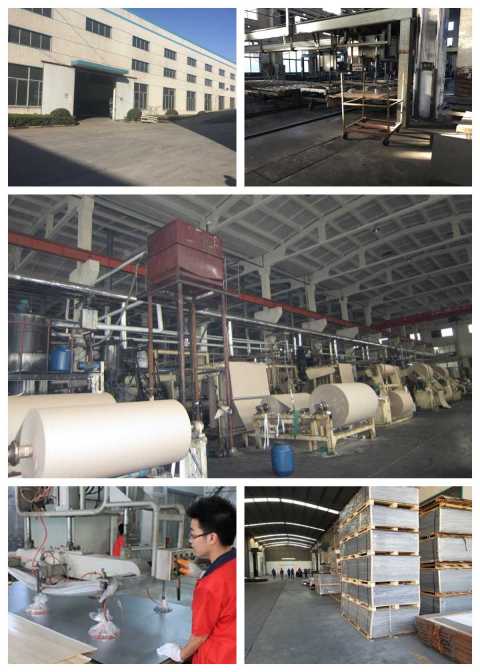Phenolic Resin Countertops
Phenolic resin countertops, a reliable and versatile option in the realm of specialized surfaces designed for rigorous usage, have emerged as a go-to choice. Engineered to endure a variety of harsh conditions, these countertops offer a unique blend of properties, making them ideal for numerous applications across diverse industries. From laboratories to healthcare facilities, and from educational institutions to industrial settings, phenolic countertops have proven their worth through durability, chemical resistance, and heat tolerance.
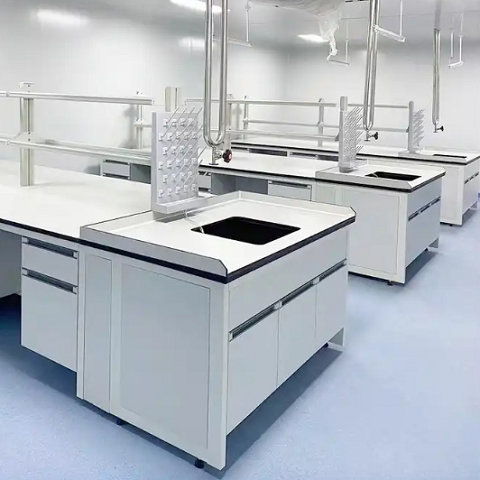
Phenolic countertops fabricating
Epoxy worktops
Laboratories
Phenolic resin countertops are a popular pick in laboratories, where precision, safety, and durability are paramount. Their exceptional chemical resistance makes them well-suited for environments with a wide array of chemicals, acids, and solvents. For instance, in analytical chemistry labs, technicians regularly handle strong acids like sulfuric acid and nitric acid for sample digestion. Phenolic countertops can resist the corrosive effects of these substances, safeguarding the surface and ensuring workspace integrity.
The high-density composition of phenolic resin contributes to its durability. In materials science labs, where heavy equipment such as electron microscopes, centrifuges, and testing machines are commonly used, these countertops can support the weight without warping or cracking. Additionally, the scratch-resistant nature of phenolic countertops ensures that sharp tools, glassware, and abrasive materials don’t mar the surface, maintaining a smooth and flat area crucial for accurate measurements and experiments.
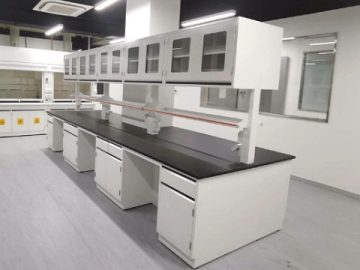
Moreover, the resin countertops are non-porous, preventing the growth of bacteria and the absorption of liquids. This is especially important in microbiology and biology labs, where a sterile environment is essential. The ease of cleaning and sanitizing these countertops further enhances their suitability for laboratory use, enabling researchers to quickly deal with any spills or contaminants.
Healthcare Facilities
Phenolic resin countertops meet the strict requirements of healthcare facilities, including hospitals, clinics, and pharmacies, which demand both durability and hygiene. The non-porous surface of phenolic countertops inhibits the growth of bacteria, mold, and mildew, making them an excellent choice for areas where patient safety and infection control are top priorities.
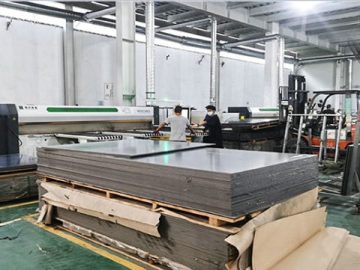
In hospital pharmacies, where medications are prepared and dispensed, phenolic countertops provide a safe and clean surface. They can withstand spills of various pharmaceutical solvents and cleaning agents, and their smooth finish allows for easy residue removal. In surgical preparation areas, the countertops’ resistance to chemicals and abrasion ensures they stay in good condition despite frequent use of disinfectants and handling of sharp surgical instruments.
Furthermore, phenolic countertops come in a variety of colors and patterns, enabling healthcare facilities to create a more aesthetically pleasing environment, which benefits patient comfort and the overall appearance of the facility.
Educational Institutions
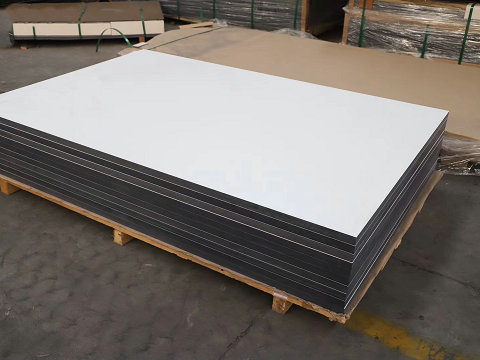
Phenolic resin countertops are an excellent fit for educational institutions, from elementary schools to universities, which have high-traffic areas where durability and easy maintenance are key. In science classrooms, where students conduct experiments involving chemicals, heat, and sharp objects, phenolic countertops can withstand these elements, offering a long-lasting and reliable workspace.
In art studios, where paints, solvents, and other art supplies are used, the chemical resistance of phenolic countertops ensures they don’t stain or deteriorate easily. The scratch-resistant surface protects against damage from brushes, palette knives, and other art tools.
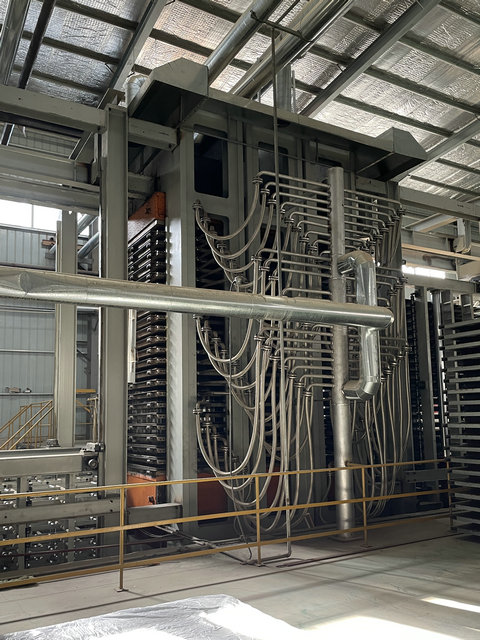
In home economics labs, where food preparation and cooking take place, phenolic countertops offer several advantages. They are heat-resistant, allowing students to place hot pots and pans directly on the surface without causing damage. Their non-porous nature also makes them easy to clean, crucial for maintaining food safety standards.
Industrial Settings
Phenolic resin countertops are well-suited to industrial settings, such as manufacturing plants, repair shops, and warehouses, which require surfaces that can endure heavy use and harsh conditions. Their high strength and durability make them suitable for supporting heavy machinery and equipment.
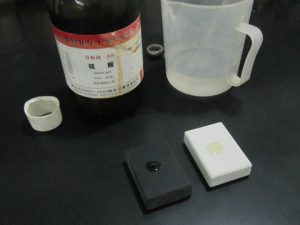
In manufacturing plants, where parts are assembled and processed, phenolic countertops can withstand the impact of tools and the weight of materials. They are also resistant to oils, greases, and other industrial chemicals, ensuring they remain in good condition even in the most demanding environments. In repair shops, where mechanics work on engines and other components, the countertops’ scratch-resistance and chemical resistance protect against damage from tools, solvents, and lubricants.
Warehouses often use phenolic countertops for sorting and packaging operations. The smooth surface of the countertops makes it easy to slide items across, and their durability allows them to handle the constant movement of goods.
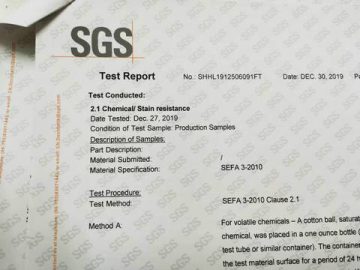
Food Service Industry
Phenolic countertops are a popular choice in the food service industry, which has strict requirements for surfaces that come into contact with food. The non-porous surface of phenolic countertops prevents the absorption of food particles, liquids, and bacteria, making them easy to clean and maintain food safety.
They are resistant to stains from common food substances like coffee, tea, and tomato sauce and can withstand the use of cleaning agents and disinfectants. The heat-resistant nature of phenolic countertops also allows them to handle hot pots, pans, and baking trays, essential in a busy kitchen environment.
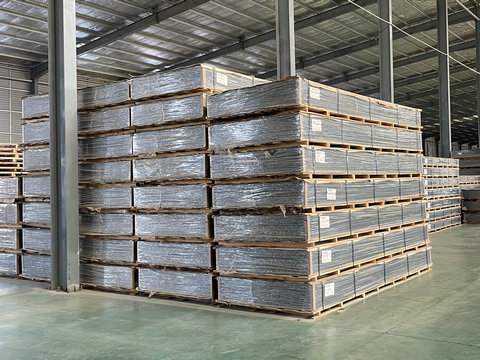
In addition, phenolic countertops are available in a range of colors and finishes, enabling food service establishments to create a stylish and functional workspace that meets their aesthetic and practical needs.
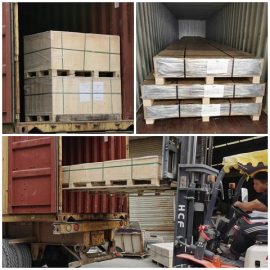
Phenolic resin countertops have proven to be a versatile and reliable solution across a wide range of applications. Their unique combination of durability, chemical resistance, heat tolerance, and hygiene makes them suitable for use in laboratories, healthcare facilities, educational institutions, industrial settings, and the food service industry. As these industries continue to evolve and face new challenges, phenolic countertops will undoubtedly play an important role in providing safe, functional, and long-lasting work surfaces.
